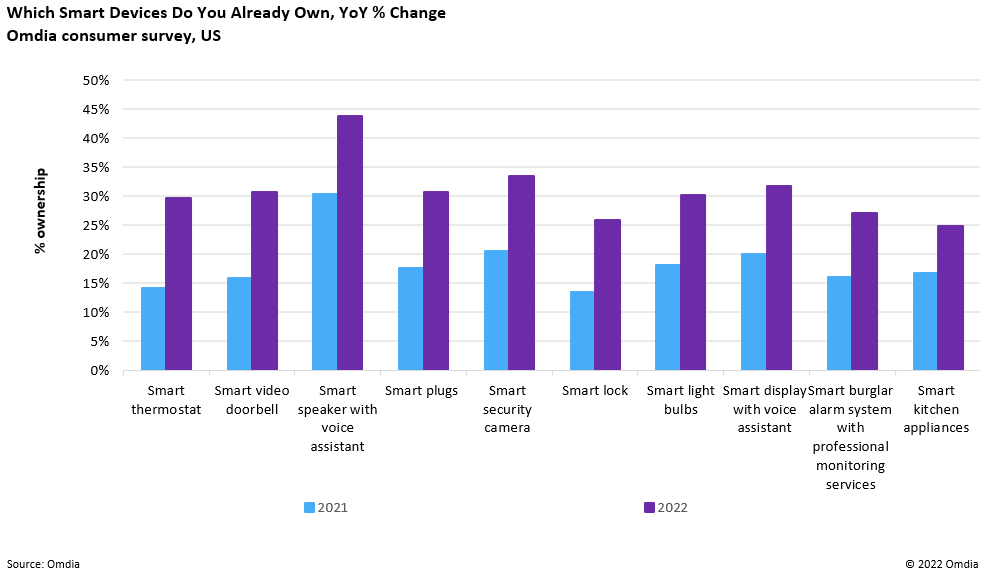This week’s show kicks off with a whispered bang that Kevin will soon hear, thanks to the FDA approving over-the-counter hearing aids. We talk about what happened and what it means for innovation in wearables before then tackling Google killing off its Google Cloud IoT Core service that manages device data and connects that data to Google’s Cloud Platform. Then we turn to security news including a John Deere hack shared at Defcon last week and an “Evil PLC” attack that affects industrial controllers from all major vendors. The smart home also gets a cool project called Fluid One that will create a network of ultra wideband sensors in a home which then lets you control devices by pointing a phone in their direction. With Omdia stating that this year there will be 2 billion smart home devices globally, we should figure out easier ways to control them. Finally, we talk about research that lets you power wearable sensors with sweat. It’s gross, but also really useful. We end the show by answering a listener question about continuous video recording on Apple’s HomeKit Secure Video.

Our guest this week is Chris Albrecht, the founder and editor of Ottomate, a newsletter dedicated to food robotics. We talk about where you’re likely to see food robots first, and what they might look like. He then discusses how many places that already have robots serving diners and frying their food. Plus, we get a glimpse of a future food court comprised of meal-making vending machines that could line the lobby of a hotel, providing hot food even if the hotel doesn’t offer room service. And of course, we talk about delivery robots and how inefficient it is to use a two-ton vehicle to deliver two tacos. Our automated world of food delivery and cooking awaits us, and I’m honestly eager to see it. Enjoy the show.
Hosts: Stacey Higginbotham and Kevin Tofel
Guest: Chris Albrecht, founder and editor of Ottomate.news
Sponsors: Silicon Labs and Impinj
- We’re excited for more innovation in hearing aids.
- Our favorite hacks from Defcon.
- Powering wearables could become a sweaty business.
- All the places food vending machines could thrive.
- Where is my robot delivery driver, and how far might it travel?
Podcast: Play in new window | Download | Embed
Subscribe: RSS


